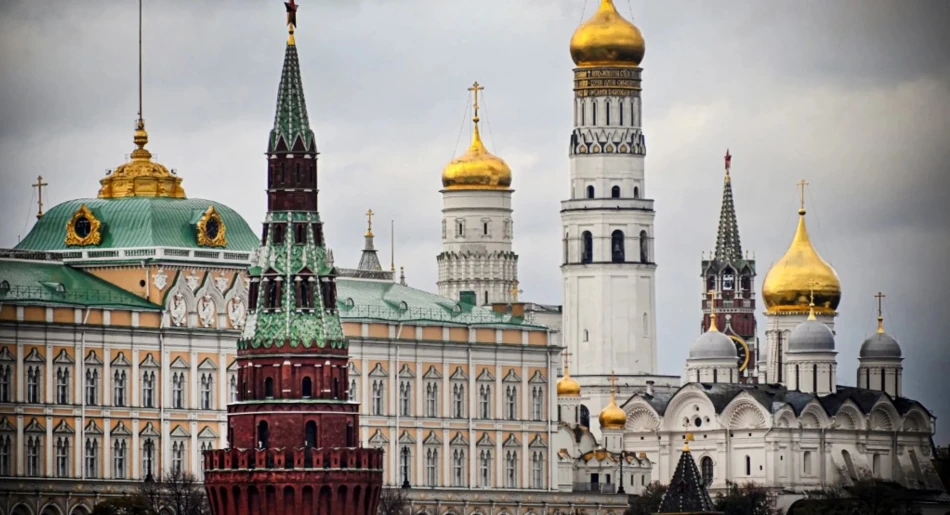
Kremlin Retorts to Trump: Russia is a Bear, Not a Tiger
The Kremlin fired back at Donald Trump today after the US president called Russia a "paper tiger," insisting the country can defend its interests. The exchange marks a sharp turn in US-Russia relations, with Trump now backing Ukraine's ability to reclaim all its territory from Moscow.
Kremlin spokesperson Dmitry Peskov rejected Trump's characterization, saying "Russia is a bear, not a tiger." He doubled down on Moscow's commitment to its military operation in Ukraine, which began in February 2022. "We continue our special military operation to ensure our interests and achieve the goals our country's president set from the beginning," Peskov said. "We do this for our country's present and future, and for many generations to come. So we have no alternative."
The war of words comes after Trump made a dramatic shift in his Ukraine stance. On his Truth Social platform, he wrote that "Putin and Russia are facing huge economic problems, and this is Ukraine's time to act." He added that Ukraine, with European Union support, "can fight and restore all its territories to their original form."
This represents a major change from Trump's previous approach. During his first term and campaign, he often praised Putin and suggested he could quickly end the Ukraine conflict through negotiations. Now he's openly supporting Ukraine's territorial claims and highlighting Russia's economic struggles.
European leaders welcomed the shift. EU foreign policy coordinator Kaja Kallas called Trump's statements "strong and unprecedented in this way," noting the new position strengthens understanding between Washington and Europe. French President Emmanuel Macron praised what he called a notable transformation in the American president's Ukraine stance.
But the Kremlin sees little progress in US-Russia relations despite Trump's earlier promises of better ties. Peskov told RBC radio that efforts to remove sources of irritation between the two countries are moving slowly with "almost zero results."
The economic pressure Trump mentioned appears real. While Peskov claimed Russia maintains economic stability, he admitted the country faces problems across different economic sectors. Western sanctions over the Ukraine war have strained Russia's economy, though Moscow has found ways to work around some restrictions through alternative trading partners.
For Ukraine, Trump's public backing could mean continued or increased US military and financial support. The country has relied heavily on Western aid to resist Russia's invasion and has long sought assurances of sustained American commitment regardless of political changes in Washington.
The diplomatic tensions also reflect broader geopolitical realignments. Trump's shift puts him more in line with European allies who have consistently supported Ukraine's territorial integrity. This could strengthen NATO unity and Western coordination on Russia policy, something that seemed uncertain given Trump's past criticism of the alliance.
Most Viewed News

 Sara Khaled
Sara Khaled






